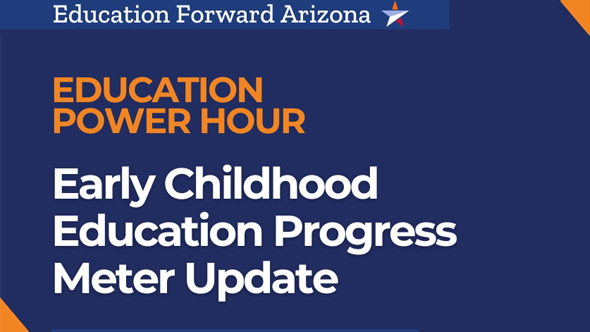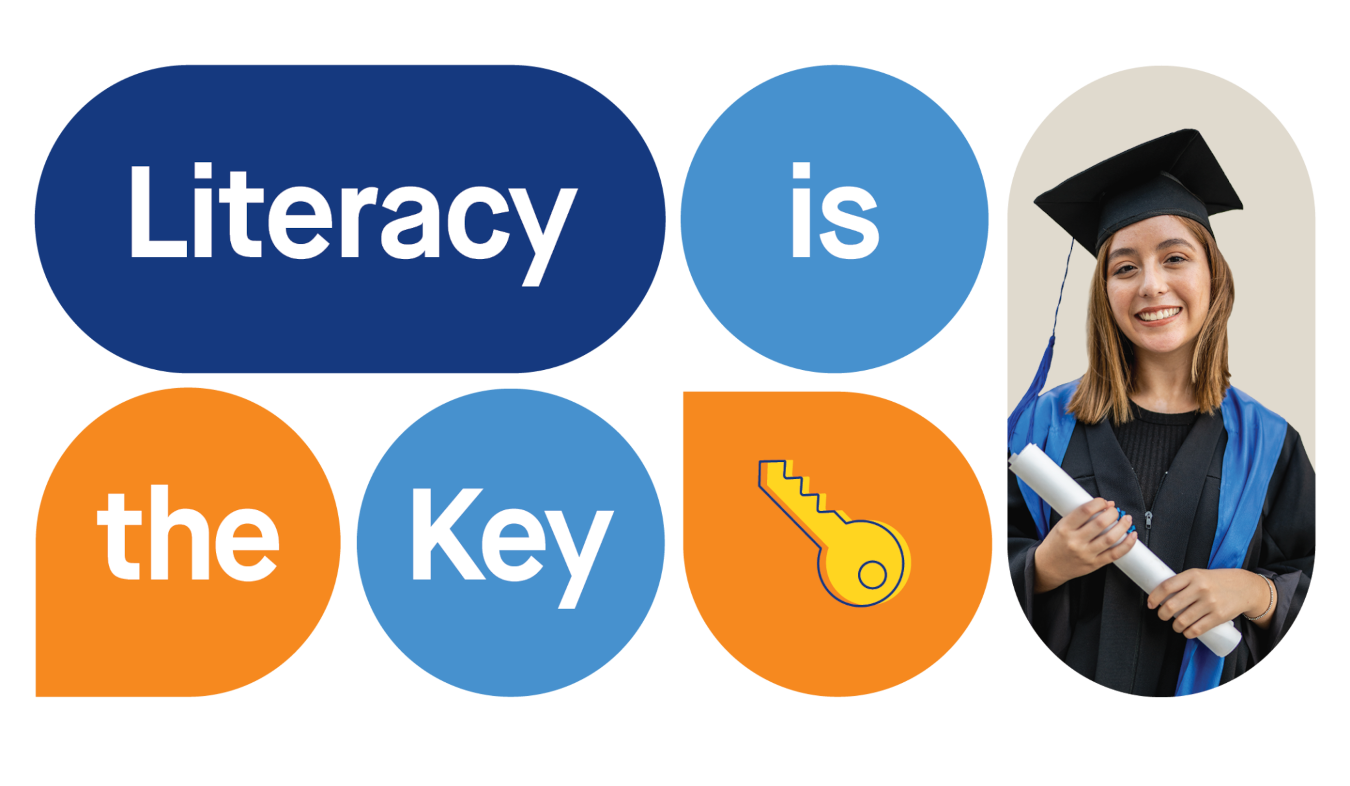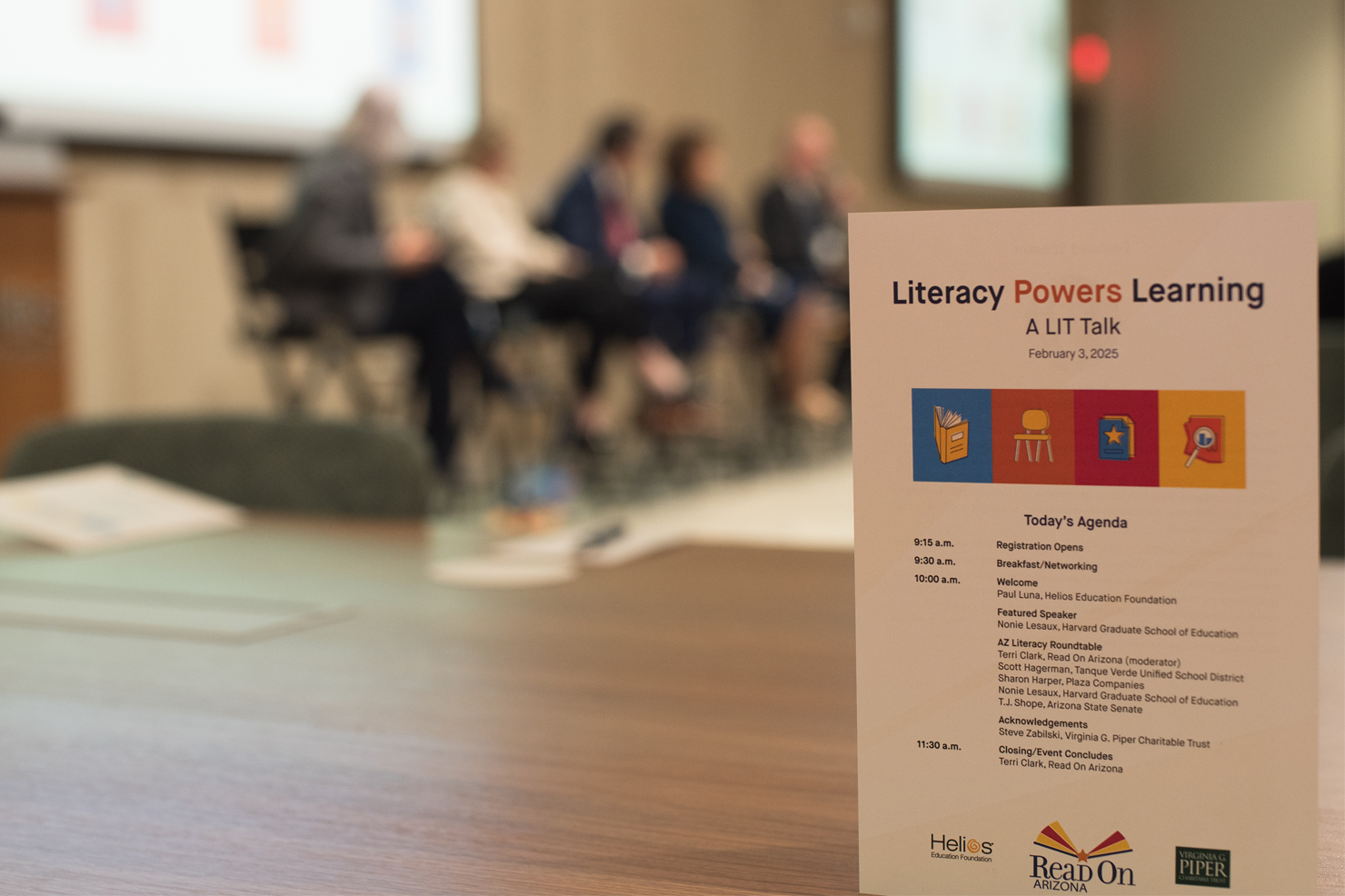February 06, 2017
Research
Arizona State University | Education Policy Vol. 25 (July 2017)
Given the critical role that literacy plays in children’s academic and personal development, policymakers have increasingly focused on policies related to early childhood literacy, particularly among poor and minority students. In this study, authors use a census of data from Arizona, a state with a large and growing population of traditionally low-performing demographic groups, to identify school, district, and community health factors that plausibly influence third grade literacy rates. Authors find two independent measures of student attendance related to school-level reading achievement after controlling for a variety of factors that have been identified in previous studies of student achievement. The findings indicate that policies aimed at increasing school-level attendance rates may be effective and inexpensive approaches to increasing childhood literacy rates.
Authors
Robert L. Vagi, Arizona State University
Robert Vagi is a Ph.D. candidate in the Mary Lou Fulton Teachers College at Arizona State University. His research interests include teacher labor markets, teacher mobility, and applied policy analysis.
Clarin Collins, Arizona State University
Clarin Collins, Ph.D., is a research professional at the Mary Lou Fulton Teachers College at Arizona State University. Her research interests include national and state policy implementation and implications at the local level, education evaluation and accountability systems, and making academic research applicable and accessible for the public community.
Terri Clark, Read On Arizona
Terri Clark is the Arizona Literacy Director for Read On Arizona, a public/private partnership focused on improving outcomes for children birth through age 8.











